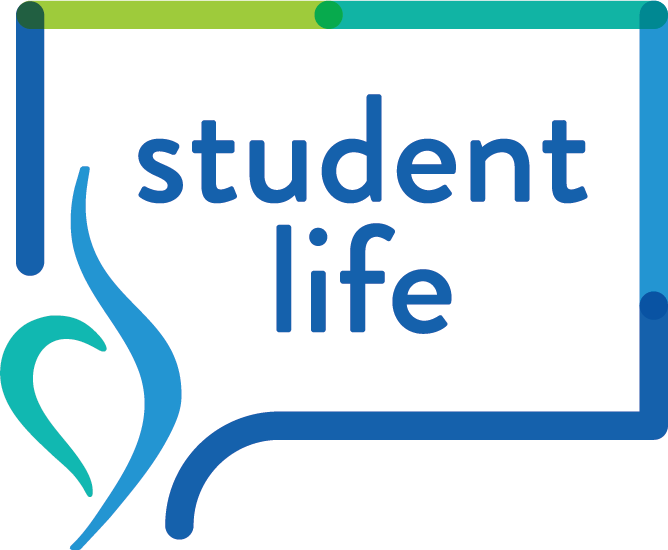Making Time for Recovery
The start of a new semester can be a bittersweet moment. For most college students, it is time to leave your hometown to return to school. This can be an exciting time where you will navigate campus and rekindle friendships from past semesters. However, for someone in eating disorder recovery, the transition may be overwhelming. Though you may be ready to take on the new semester, it’s important to remember these tips and tricks for maintaining recovery.
- Some class schedules may have you on campus all day. Make sure to pack snacks to bring to campus in case you can’t hit the dining hall in between classes. My go-to is trail mix and berries.
- At times, balancing extracurriculars and school work can be overwhelming. Make sure to check in with yourself. Self care is an important key to emotional components of maintaining recovery.
- During the semester, you will have many activities to keep track of. Carrying a pocket-sized daily planner or using the calendar app on your phone can help you stay on top of assignments and appointments with your treatment providers.
- The first few weeks of class may be taxing as you start to create a new home away from home. In times of stress, it is easy to fall back into disordered eating patterns. If you are experiencing signs of relapse you don’t always have to wait for your next appointment. Remember that you can always seek immediate attention by visiting your campus wellness center.
- A vital key to recovery is maintaining a support system of friends and family. Whether it be joining the psychology club, going to a trivia night or simply hanging in your dorm room, getting involved on campus is a fun way to make new friends.
- Universities offer great opportunities to decompress after class. Many universities offer free yoga classes and guided meditation where you can learn to combat stress. These classes are a great way to distract yourself from harmful eating disorder thoughts and redirect your energy to positive action.
- This past summer I worked as a volunteer on the former NEDA Helpline. Each day, I was greeted with a door full of sticky notes with messages such as “All bodies are good bodies” and “You are enough.” Because of this, I decided to decorate the walls of my dorm room with encouraging posters and post-its. These little reminders can have a big impact on your mood.
- Although there may be nights where you are up late studying or out with friends, do not underestimate the importance of sleep. Remember to give your body the rest it deserves so that you can stay alert and motivated.
In the same way you cannot expect to excel academically without studying, you cannot expect recovery without maintenance. Both require hard work and dedication, but always remember that with the right specialized treatment, recovery is possible!

Erin Walsh is a senior psychology major at West Chester University in West Chester, Pennsylvania. She works as a research assistant for a neuropsychology and social psychology lab. She is also a peer tutor for introductory psychology courses. Erin worked on the volunteer helpline this past summer and continues to work remotely for NEDA. She hopes to continue to spread body positivity and prevent the development of eating disorders as a Body Project facilitator. After graduation, Erin hopes to pursue clinical psychology at the graduate level.





